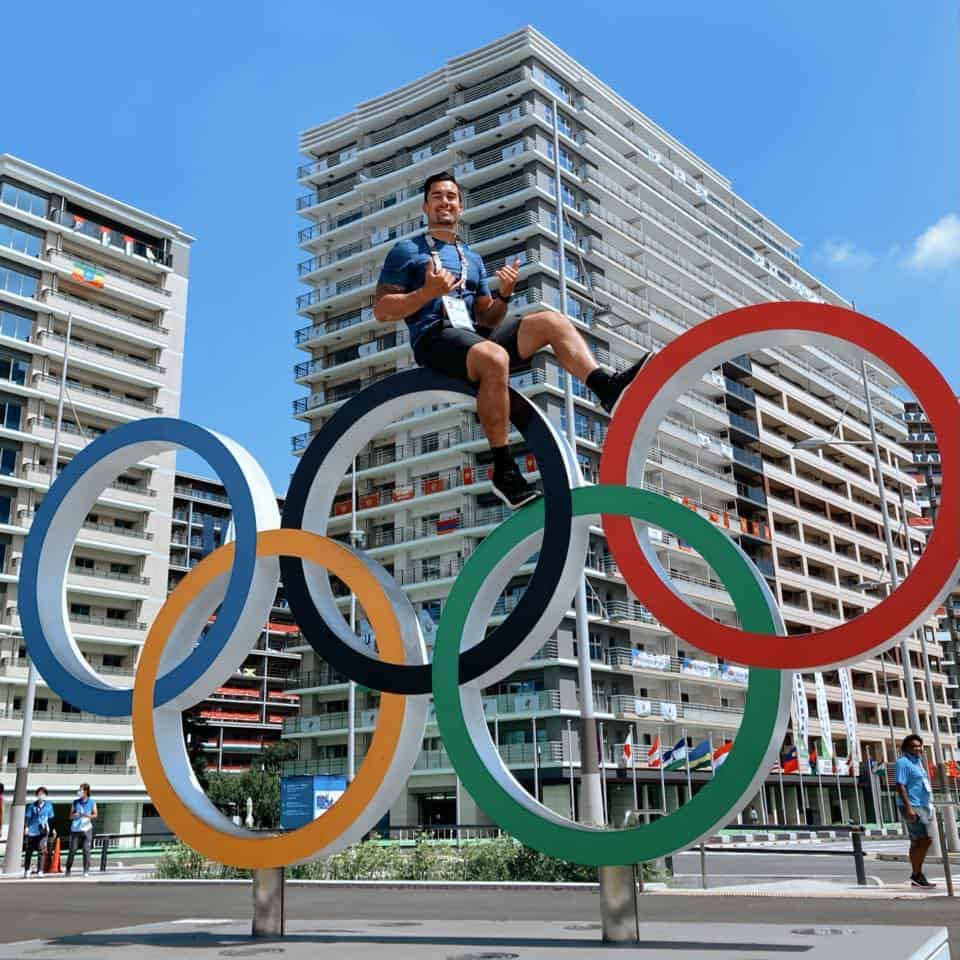Having qualified for his second Olympic Games in Paris this year, Samoa’s sailing champion Eroni Leilua recalls how it all started for him while growing up in the village of Vaivase Uta in Upolu, Samoa.
“Growing up in Samoa was awesome. I loved living in the village and learning about our roots. It was a really good family environment to have and I learnt how to sail while we were in Samoa.
“I started sailing at a small club when I was just 8 years old. It . . .
Please Subscribe to view full content...
